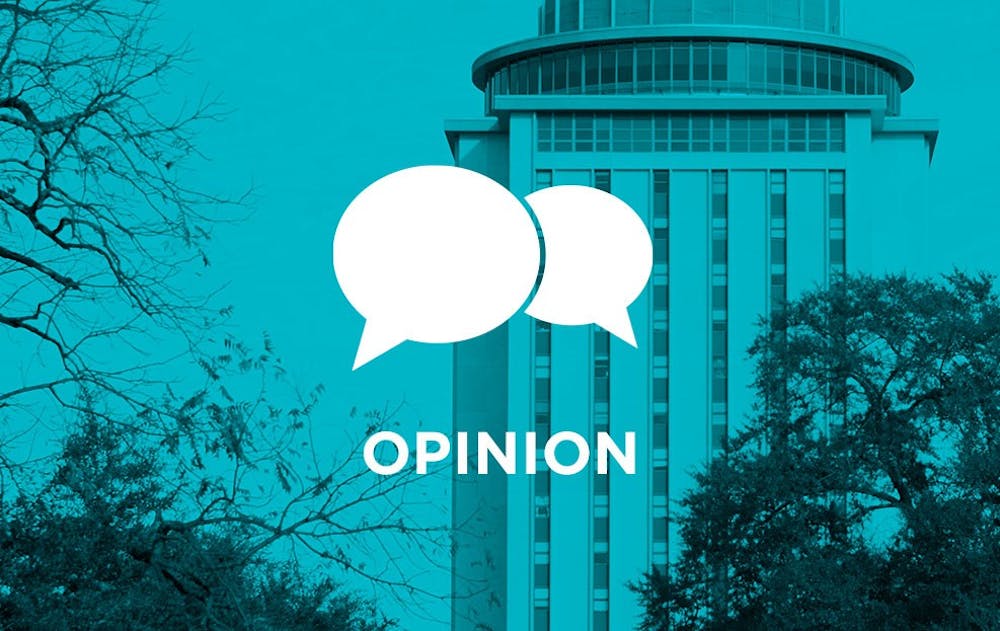You are in a parking lot when a stranger silently taunts you by waving their gun in the air. You are on the sidewalk when someone threatens you through their car window. You are on campus when a group of students surround you, shouting that you are not one of them. You approach your car to find that someone has keyed “ISIS” into its door. You, like everyone else, are a student trying to fit in and find your place in the world — but to them, you are only a Muslim.
As a member of a diverse student group working to support the Muslim community on campus, I can confirm that all of the above instances have occurred within the past year. These events have taken place on our campus and in our city and have hurt our fellow students. Islamophobia is not just a distant national problem but a local one as well, and USC is clearly not immune to its effects. The student community must ask ourselves — aren’t we better than that?
Nationally, Muslim women are fearful to wear a hijab due to the hateful environment surrounding the presidential election and events abroad. Though we cannot easily change the attitude of the entire nation, we can start on our own campus. At USC, we can create an environment that honors diversity and inclusion. It is time that we as Gamecocks separate from the lies of Islamophobia and take a strong stance in protecting our Muslim community.
Beginning next week is International Education Week, which hosts several events to celebrate the cultures of other countries, and the keynote event will bring light to the reality of Islamophobia. The topic is crucial to investigate, since many are misled without even realizing it. Islam is one of the most peaceful religions in the United States, yet this would be nearly impossible to conclude relying solely on the media.
Both in the United States and abroad, followers of different religions and sects have lived and continue to live peacefully among one another. Victor Reynolds, a fourth-year computer science student, studied abroad in Ibri this year, a rural part of Oman that does not see many tourists. Though the media portrays predominantly Muslim countries as anything but peaceful, he was able to observe firsthand the similarities that Islam shares to other faiths.
“The core moral tenets are very similar, and Muslims share the same sense of community that Christians do through weekly attendance of a place of worship. Nearly every Muslim will firmly assert that they believe in the same God as the Jews and Christians," Reynolds said. "When a typical Omani learned that one of my friends in my study group was Christian, he or she would always say something like, ‘ah, you know as Muslims we admire Jesus as well. The most important thing is tolerance and respect — we are all human.’”
Just as those with a different background from Reynolds were open to dialoguing with him, students at USC must be open to those who share different religions, beliefs and experiences. Though Islamophobia may be present on our campus, so is the movement to end it. Several student and faculty-led initiatives are coming up, including a presentation by the nationally-known Dr. Jack Shaheen.
Other opportunities to learn about Arab culture, as well as the culture of other countries, can be found on the schedule of International Education week events. Though Islamophobia is national and local problem, the truth will remove it and leave in its place a community of understanding. As Dr. Martin Luther King Jr. said, “Darkness cannot drive out darkness: only light can do that. Hate cannot drive out hate: only love can do that."

